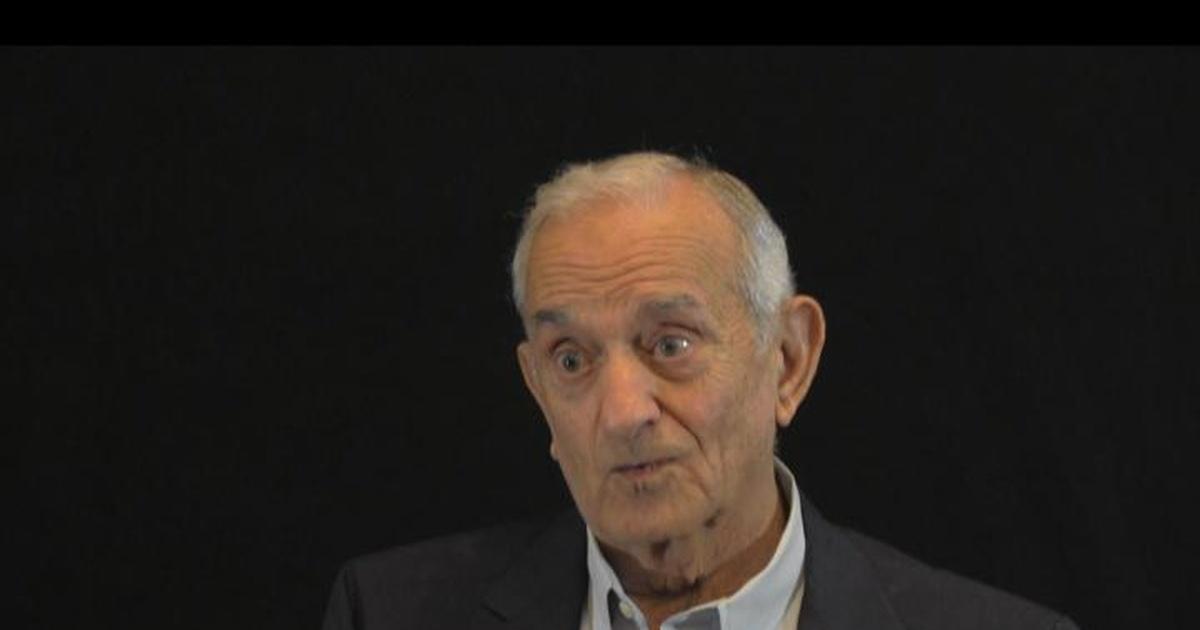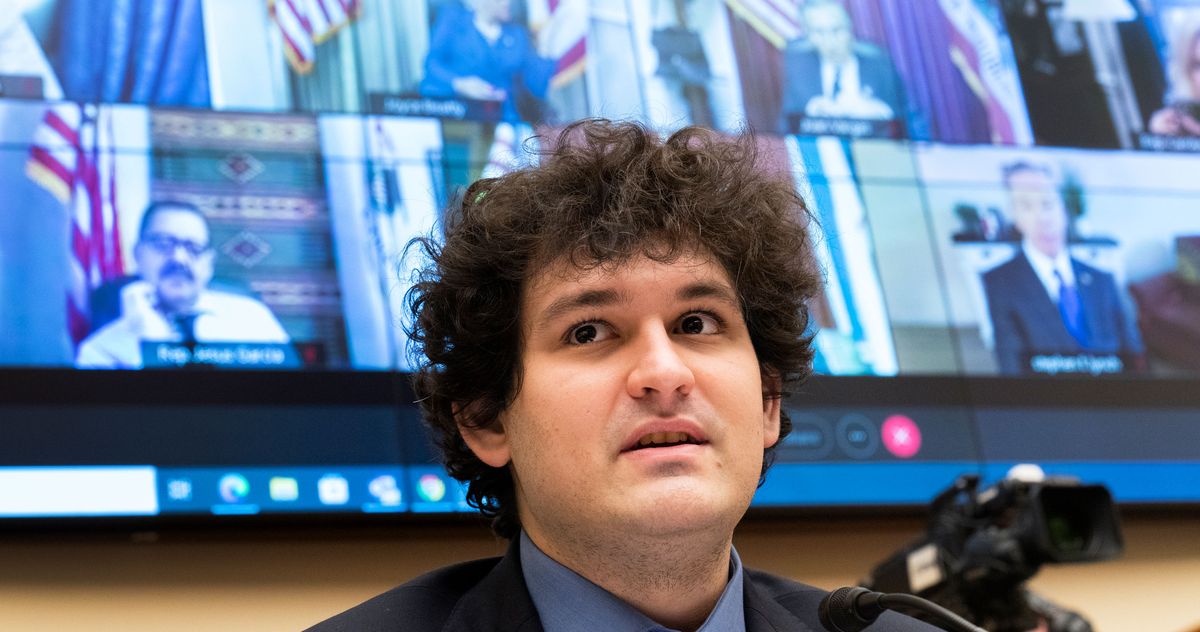
- Select a language for the TTS:
- UK English Female
- UK English Male
- US English Female
- US English Male
- Australian Female
- Australian Male
- Language selected: (auto detect) - EN
Play all audios:
NEW DELHI: The United Nations Security Council (UNSC) on Friday strongly condemned the terror attack in Jammu and Kashmir’s Pahalgam, calling it a “reprehensible act of terrorism” and
stressing the urgent need to bring its “perpetrators, organisers, financiers, and sponsors” to justice. In a press statement issued the 15-member UNSC expressed deep condolences to the
families of the victims and to the governments of India and Nepal. “The members of the Security Council condemned in the strongest terms the terrorist attack in Jammu and Kashmir’s
Pahalgam,” the statement said. “Terrorism in all its forms and manifestations constitutes one of the most serious threats to international peace and security,” it continued. The members
underscored that such acts are “criminal and unjustifiable, regardless of their motivation, wherever, whenever and by whomsoever committed.” They stressed that “the perpetrators, organisers,
financiers and sponsors must be held accountable and brought to justice.” The UNSC called on all countries to fulfill their obligations under international law and Security Council
resolutions by cooperating with relevant authorities to hold those involved accountable. The statement, delivered by the rotating president of the UNSC on behalf of all members—including
Pakistan, currently a non-permanent member—highlighted the need to “combat by all means” threats to global peace arising from terrorism, in line with the UN Charter. Following the terror
strike that killed 26 people, tensions between the two nuclear-armed neighbours have once again spiked, drawing both international attention and concern. India has directly linked the
Pahalgam attack to Pakistan stressing on the cross-border linkages to the assault and announced a series of punitive diplomatic and strategic measures. These include the suspension of the
Indus Waters Treaty, the expulsion of Pakistani military attachés, the immediate closure of the Attari land-transit post and stopping visas to Pakistani nationals. Reacting swiftly, Pakistan
closed its airspace to Indian airlines and halted all trade with India, including through third countries and announced putting on all bilateral agreements, including 1972 Simla pact in
abeyance. Islamabad termed India’s move to suspend the Indus Waters Treaty as a “grave provocation,” warning that any attempt to disrupt water flows allocated to Pakistan under the 1960
agreement would be considered an “act of war.” While the UNSC statement did not directly name Pakistan, the Council’s firm language as a signal of the global community’s intolerance for
cross-border terrorism that India consistently charge Pakistan with.








